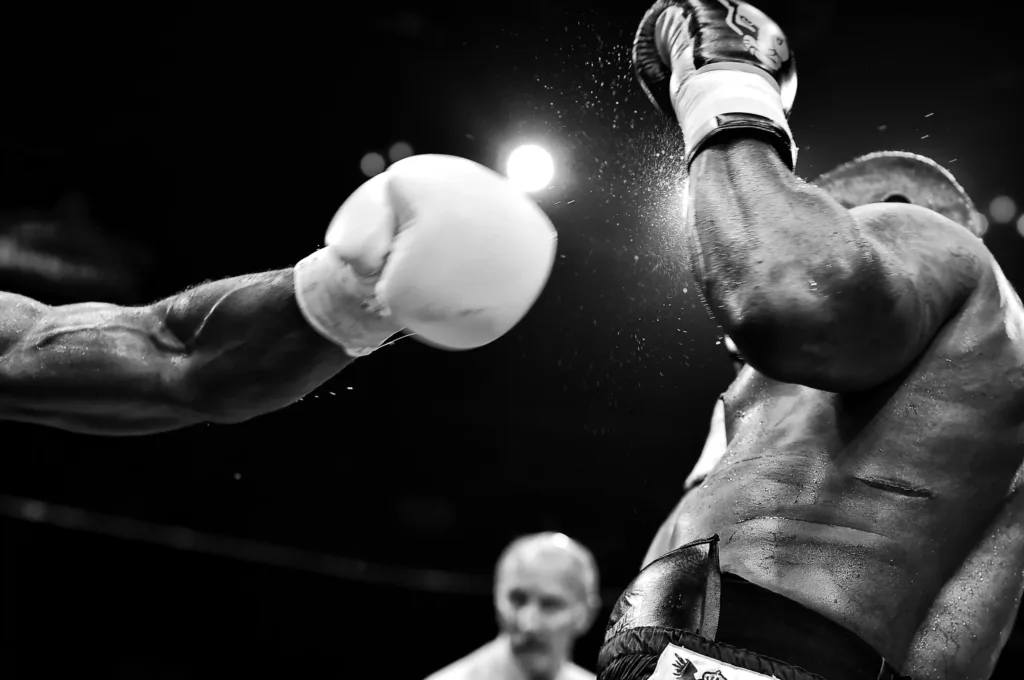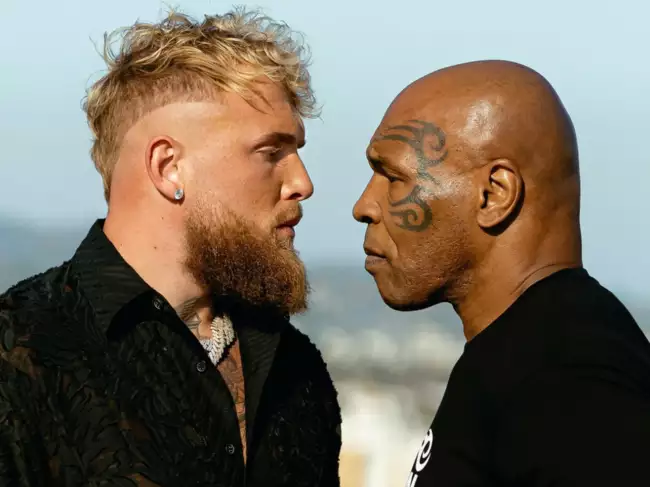The Ethical Implications of a Boxing Match Between Jake Paul and Mike Tyson

Is it Ethical for 27-Year-Old Jake Paul to Challenge 57-Year-Old Mike Tyson?
Age has always been a significant factor in the world of sports, particularly combat sports like boxing. When a young and ambitious athlete challenges an older and more experienced opponent, questions of ethics and fairness often arise. The recent buzz surrounding the potential boxing match between 27-year-old Jake Paul and 57-year-old Mike Tyson has sparked a debate about the ethical implications of such a matchup.
The Age Factor in Boxing
In the sport of boxing, age is a crucial consideration when determining fair matchups. Fighters are typically categorized into weight classes to ensure that opponents are relatively evenly matched in terms of size and strength. However, age is not a specific criterion for categorization.
While it is not uncommon for boxers in their 30s or even 40s to compete professionally, the age difference between Jake Paul and Mike Tyson is quite significant. Mike Tyson, a legendary figure in the boxing world, retired from professional boxing in 2005 and has since focused on other ventures. On the other hand, Jake Paul, a YouTube personality turned professional boxer, is in the prime of his career.
The Ethical Debate

The ethical debate surrounding this potential matchup centers around the fairness of pitting a young and energetic fighter against an older and potentially less physically capable opponent. Critics argue that the age difference between Paul and Tyson creates an unfair advantage for Paul, who may have superior speed, stamina, and reflexes.
They argue that the purpose of combat sports is to test the skills and abilities of the athletes involved, and a significant age difference could compromise the integrity of the competition. Additionally, concerns about the potential health risks for older fighters, like Tyson, are raised.
Proponents of the matchup, however, argue that age should not be the sole determinant of a fair fight. They highlight Tyson’s exceptional skills, experience, and the fact that he has remained active in the boxing world through exhibitions and training. They believe that if Tyson is willing and able to compete, it should be his own decision, and the age factor should not prevent him from doing so.
The Role of Consent and Regulations
One crucial aspect to consider in this ethical debate is the role of consent and the existing regulations within the sport of boxing. Both Jake Paul and Mike Tyson are professional boxers who willingly participate in the sport. As long as they comply with the rules and regulations set forth by the relevant boxing authorities, their matchup can be considered ethical.
Boxing, like any other professional sport, has governing bodies that establish rules and guidelines to ensure the safety and fairness of the competition. These bodies determine the weight classes, eligibility criteria, and other factors that influence matchmaking. As long as the matchup between Paul and Tyson adheres to these regulations and both fighters consent to the fight, it can be deemed ethically acceptable.
Conclusion
The ethical implications of a 27-year-old Jake Paul challenging a 57-year-old Mike Tyson in a boxing match are a subject of debate. While age is an important consideration in combat sports, it is ultimately up to the fighters themselves and the governing bodies to determine the fairness and ethics of a matchup.
As long as both fighters consent to the fight and comply with the regulations set forth by the relevant boxing authorities, the matchup can be considered ethically acceptable. However, it is essential to continue discussing and evaluating the ethical implications of age disparities in sports to ensure the integrity and safety of the athletes involved.
